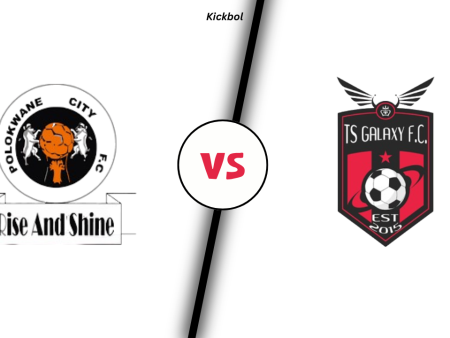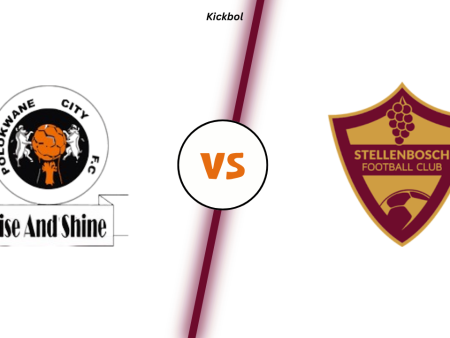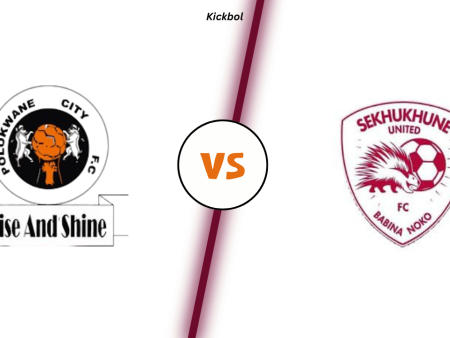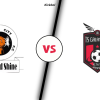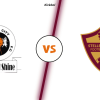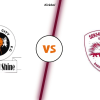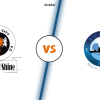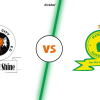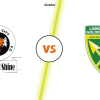The rivalry between Manchester United and Liverpool is one of the fiercest and most enduring in English football. The two clubs, located in neighboring in the north-west of England, have been locked in for supremacy for over a century. Their encounters are known as the North West Derby, a clash that consistently produces high-octane , dramatic storylines, and unforgettable moments.
Head-to-Head Record
| Competition | Manchester United Wins | Liverpool Wins | Draws | Goals For (Manchester United) | Goals For (Liverpool) |
|---|---|---|---|---|---|
| All Competitions | 68 | 80 | 46 | 243 | 251 |
| Premier League | 28 | 32 | 20 | 99 | 109 |
| FA Cup | 12 | 7 | 5 | 38 | 25 |
| League Cup | 6 | 4 | 4 | 21 | 14 |
| UEFA Champions League | 2 | 3 | 1 | 10 | 7 |
| UEFA Europa League | 0 | 0 | 0 | 0 | 0 |
| UEFA Super Cup | 0 | 0 | 0 | 0 | 0 |
| Other | 15 | 17 | 16 | 69 | 79 |
| Total | 131 | 143 | 92 | 477 | 485 |
Rivalry Origins and Significance
The roots of the Manchester United-Liverpool rivalry can be traced back to the late 19th century, when both clubs were established in the industrial cities of Manchester and Liverpool. The rivalry was fueled by factors, including the economic and social rivalry between the two cities, the contrasting styles of play of the two teams, and the passionate fan bases of both clubs.
Manchester United, known as Newton Heath LYR Football Club, was founded in 1878 by an Wagon of the Lancashire and Yorkshire depot at Newton Heath. Liverpool, on the other hand, was founded in 1878 as Everton Football Club, but over the club’s grounds led to the breakaway of players who formed Liverpool Football Club in 1892.
Manchester United and Liverpool have consistently challenged for top honors throughout their histories. Manchester United has won a record 20 league titles, while Liverpool has won 19 league titles. Both clubs have also won numerous FA Cups, League Cups, and European trophies.
The rivalry between the two clubs has reached new heights in recent years, with both teams consistently challenging for the Premier League title and engaging in thrilling head-to-head battles. Their matches are often characterized by high-scoring affairs, dramatic comebacks, and moments of individual brilliance.
Key Factors and Rivalry Dynamics
Several factors contribute to the intensity of the Manchester United-Liverpool rivalry.
Geographical Proximity: The two clubs are located just 30 miles apart, which has led to a natural animosity between the two sets of fans. This local rivalry is further intensified by the fact that many supporters live in mixed areas and are constantly reminded of their allegiances.
Shared History: Manchester United and Liverpool have a long history of competing for major honors, and this shared history has added to the intensity of their rivalry. The two clubs have met in numerous FA Cup finals, League Cup finals, and UEFA Champions League matches, and these high-stakes encounters have further fueled the animosity between them.
Contrasting Styles of Play: Manchester United has traditionally been known for its attacking style of play, while Liverpool has often relied on a more disciplined and defensive approach. This clash of styles often produces exciting and unpredictable matches, and it is another factor that contributes to the intensity of the rivalry.
Impact on English Football
The rivalry between Manchester United and Liverpool has had a significant impact on English football. Their matches are consistently among the most watched Premier League fixtures, and they have helped to raise the overall standard of play in the league. The rivalry has also contributed to the growth of the Premier League’s brand and its popularity around the world.
In addition to their impact on the Premier League, Manchester United and Liverpool have also played a significant role in the development of English football culture. Their rivalry has helped to produce some of the most iconic players in English football history, and it has also inspired countless fans to follow the beautiful game.
Conclusion
The Manchester United-Liverpool rivalry is more than just a footballing contest; it is a cultural phenomenon, a clash of identities that has captivated fans for generations. Their rich history, epic encounters, and global reach ensure that this rivalry will continue to captivate and inspire, remaining a cornerstone of English football for years to come.
